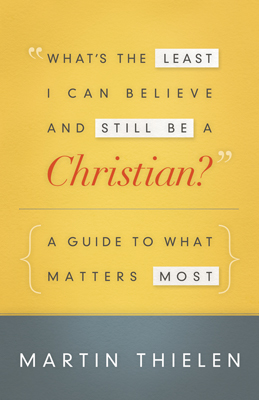
It’s been almost three months now since my husband bought me a Kindle for my birthday. I had asked for one because I thought it would be fun to see what all the fuss was about, even if I wasn’t completely sold on the idea of an e-reader.
Like many of my buddies in publishing, I’m pretty attached to the print medium. I love books, and have been known to get high inhaling that “new book smell.” But after enjoying my new device for a few months, I am now drinking the Kindle Kool-Aid. Well, mostly.
There are lots of pluses to the Kindle, including the ones I’d been told to expect when I read some of the kajillion customer reviews on Amazon: no, you won’t experience eyestrain because of the Kindle’s ingenious technology; yes, it has a miraculous battery life (mine lasted for six weeks on its initial battery charge, with the wireless turned off); yes, it’s a cinch to download books, and the interface really is almost instantaneous.
But there are other benefits to the Kindle that no one told me about, including:
- I can read while eating. I’ve spent a lifetime trying to prop my books open on the table while eating my lunch. You may know the dilemma: you try to stuff the book under the edges of your plate in order to keep the pages open, but then you have to drag it back out anytime you need to turn the page. The Kindle lies flat, which means I can easily read while eating, drying my hair, or cooking. I am therefore reading more.
- Nobody has to know what I’m reading. I don’t know about your reading habits, but mine are all over the map, from highbrow to lowbrow, and lately very lowbrow since I’m reading primarily for entertainment and to release stress. With the Kindle, a person could be reading Michel Foucault or a shamelessly adolescent vampire novel, and no one would ever know the difference.
- It weighs next to nothing. I can have thousands of books in my purse at any moment! It’s comforting to know you can instantly access the entire Jane Austen oeuvre, or be prepared to come up with an exact Shakespeare quote. Kindle to the rescue.
- The books are so cheap that the Kindle will have paid for itself in a year. For readers who are “heavy users” of books, the heavy discounts on most Kindle books add up fast.
- Every book can be a large print book. When my mom visited at Christmas, she was intrigued by this feature of the Kindle; by pressing on the AAA button, you can immediately change the text size to your own preference. This will be a great boon to the AARP, since large print books are historically more expensive than regular print books. A Kindle can age with you.
But it’s not a slam dunk. Among the negatives:
- The Kindle is clunky to organize. Perhaps I’m spoiled by the ease and intuitive design of the iPhone and iPad (I don’t have an iPad, but I have fondled other people’s often enough to know). On the Kindle, it’s not at all apparent how to file books away in different folders or organize them in any way other than the device’s default method by date of download. The default mode is fine when you have just a handful of books, but soon becomes unwieldy. The device is said to hold up to 3,500 books, but if it takes as long to find the one you want as it would be for Amazon to deliver a print copy, that’s a problem.
- It’s still hard to find information. The Kindle clearly was not designed with research in mind. Yes, you can highlight text, but it’s difficult to record or transport the highlighted information or to cite page numbers (I understand Amazon has just corrected this last flaw). In my dream world, Amazon would join forces with Zotero, my bibliographic wunderkind of choice, and allow me to highlight passages and then export them to my research notes on Zotero. Right now you can do this via a pdf file, but it’s awkward and does not provide the one-click satisfaction that Amazon has trained us to expect.
- The text-to-speech feature stinks. You know that website Xtranormal where you can type in your own dialogue and the site creates animated characters who act out your written scene? It was hilarious in the EVO handset commercial here, but far less entertaining when you’re trying to listen to a book on the Kindle. The device’s text-to-speech function is on par with the electronic voice you hear when you’re on hold with Delta Airlines. An audiobook it is not.
- The magazine feature is a no-go. In theory, you can read magazines on a Kindle and save a lot of trees that way. In theory. In reality, who wants to read a magazine on a small black and white device? Future generations of Kindles and other e-readers will likely resolve this problem – the Barnes and Noble Nook already has a gorgeous color screen – but for now, I’ll keep my glossies in print. The selection of magazines for sale on the Kindle is still very limited anyway.
- I can’t read it in the bathtub. Alas.

